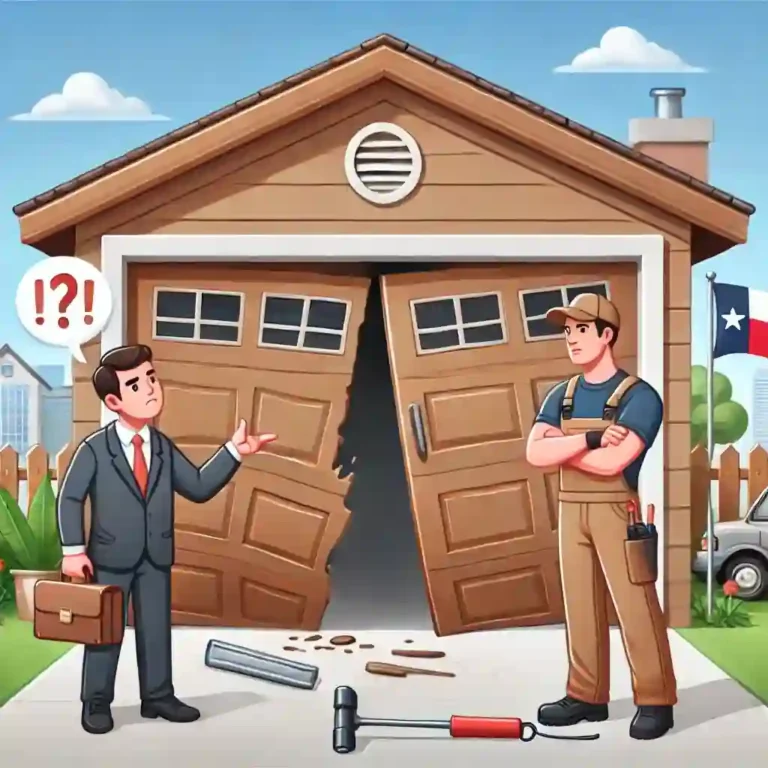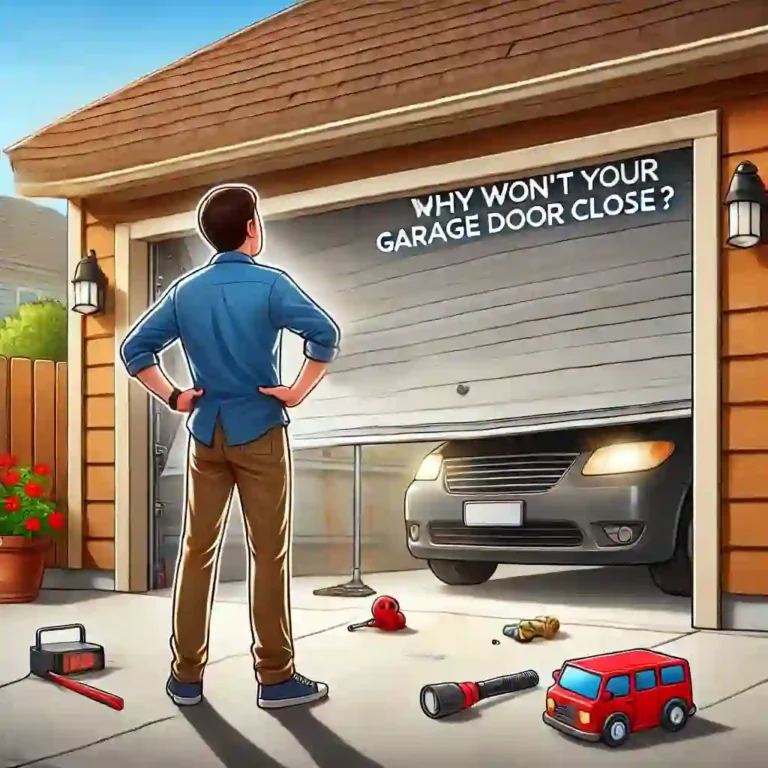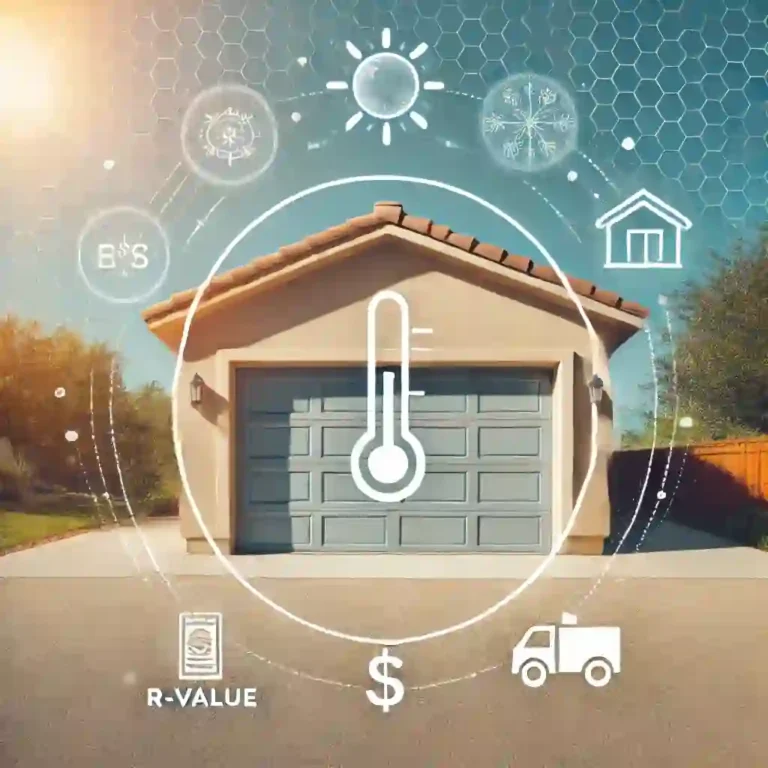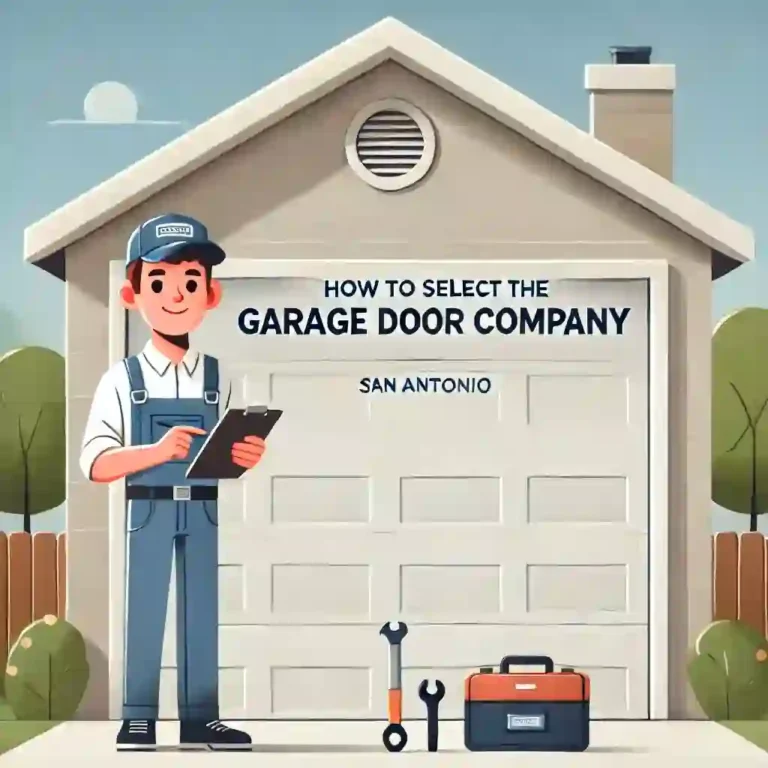Howdy, y’all! Today, I’m here to chat about something I get asked a lot: “Is a garage a good investment for my home in San Antonio?”
First off, let me say this—if you’re in Texas, especially San Antonio, a garage isn’t just a place to park your truck or store your Christmas decorations. It’s an extension of your home, your lifestyle, and even your property value. Let’s break it down, neighbor-to-neighbor, so you can see why adding or upgrading a garage might just be one of the smartest moves you make.
The San Antonio Angle
San Antonio isn’t just any city. It’s a vibrant blend of history, culture, and, let’s face it, unpredictable weather. One moment you’re soaking in the Texas sunshine, and the next, a storm’s rolling through. A sturdy, functional garage is your first line of defense against hailstorms, heavy rain, and those relentless summer rays. Trust me, your car’s paint job will thank you.
Beyond weather protection, a well-maintained or upgraded garage can do wonders for your home’s curb appeal. Buyers in San Antonio love homes with garages that look sharp and work like a charm. It’s like having a cherry on top of a classic Texan sundae—and who doesn’t love that?
What Is Comping and Why It Matters
When it comes to determining the value a garage adds to a property, the key lies in performing a proper comparison—commonly referred to as “comping” by real estate and appraisal professionals. Comping involves evaluating similar properties in the same area (comparables) to assess the value of specific features, like a garage. Here’s why comping is so important, and who uses it:
Who Uses Comping?
- Real Estate Agents: To accurately price a home or property for sale.
- Appraisers: To provide a professional property valuation.
- Buyers and Sellers: To negotiate fair market prices.
- Investors: To identify profitable opportunities in the housing market.
- Homeowners: To gauge how specific upgrades, like adding or improving a garage, impact property value.
Why Is Comping So Important?
- Market Accuracy: It ensures pricing aligns with current market trends.
- Informed Decisions: Helps determine if a garage upgrade or repair is worth the investment.
- Maximizing ROI: Guides sellers in setting competitive prices and buyers in making smart offers.
- Custom Valuation: Highlights the unique value that a garage adds compared to properties without one.
Because all real estate players—from agents to appraisers and buyers to sellers—are analyzing comps, it’s essential to approach the situation with the same perspective. Don’t stay out of the game; understanding comps is your key to making confident and informed property decisions.
By mastering the art of comping, you’ll not only understand the value of a garage but also make smarter financial decisions when buying, selling, or upgrading your property. However, while information available online is a great starting point, it’s always a good idea to consult with an expert, such as a real estate agent or appraiser, to validate your comps and ensure accuracy in your evaluations. This extra step can provide critical insights and prevent costly mistakes.
How to Comp Homes to Determine the Value of a Garage
Step 1: Gather Comparable Properties
Start by finding homes similar to yours in size, age, and location. The key here is to look for properties with and without garages. Use tools like Zillow, Realtor.com, or local MLS listings to gather data. Stick to a radius that reflects your immediate neighborhood since market conditions can vary block by block. Avoid crossing major roads, rivers, parks, or zip code boundaries, as these can indicate different market conditions. Always consult with locals or a real estate agent to confirm whether a specific area would be considered comparable to yours. If you can’t find any comps without a garage, that’s often a sign that garages are essential in your neighborhood. On the flip side, if you don’t find any homes with a garage, it might indicate that a garage isn’t necessary or highly valued in your area.
Important Note: Don’t use comps from a different area—this is absolutely critical. The location of the comps is one of the most important factors in determining an accurate property value. Even homes with similar features can vary significantly in value based on their neighborhood, school district, proximity to amenities, and local market trends. Using comps from another area can lead to misleading conclusions and incorrect valuations. Additionally, when analyzing comps, make sure you are looking at properties built within a 5-year difference from the subject property. This ensures a fair and accurate comparison by accounting for differences in construction standards, design trends, and potential wear and tear.
Step 2: Analyze Sale Prices
Take note of the final sale prices for these homes. The difference in price between homes with garages and those without can give you a rough idea of how much value a garage adds in your area. Keep in mind that this number may also be influenced by other factors, such as the home’s overall condition or upgrades.
Step 3: Adjust for Variables
No two homes are exactly alike, so you’ll need to adjust for differences like:
- Square Footage: Larger homes generally sell for more, so be sure to account for size differences.
- Garage Features: A basic garage won’t add as much value as one with insulation, finished floors, or extra storage space.
- Lot Size and Layout: The yard or driveway setup can impact the desirability of a garage.
- Upgrades and Renovations: Adjust for features like remodeled kitchens, updated bathrooms, or high-end finishes, which can significantly impact the value.
Step 4: Study Your Neighborhood’s Needs
In some San Antonio neighborhoods, garages are essential due to limited street parking, or due to the population’s lifestyle preferences. In others, they might be less critical. Talk to a local real estate agent or appraiser to get insights specific to your area.
Step 5: Consider Market Trends
San Antonio’s real estate market fluctuates. Are buyers currently valuing garages highly, or is there a trend toward alternative features? Keep an eye on what’s hot in the market by attending open houses or chatting with local realtors.
Extracting the Garage’s Value
Once you’ve done your comps, you can isolate the added value of the garage. Let’s break it down:
- Calculate the Average Price Difference – Subtract the average sale price of homes without garages from those with garages. This gives you a baseline figure.
- Account for Garage Quality – A high-quality garage with modern amenities (insulation, storage, etc.) will add more value than a basic one. Use this to refine your estimate.
- Factor in the Cost of Improvements – If you’re upgrading your garage, subtract the cost of improvements from the added value to determine your net gain.
- Look at Long-Term Benefits – Beyond immediate resale value, consider how a garage improves your home’s functionality. Enhanced storage, weather protection, and energy efficiency can make your home more appealing in the long run.
Personal Tips from the Field
Now, let me share a few nuggets of wisdom I’ve picked up over the years:
- Don’t Skimp on Maintenance – I’ve lost count of how many times a simple maintenance check could’ve saved someone from a costly repair. A little grease on the rollers, tightening loose bolts, and testing the balance of your garage door go a long way. Even if you’ve figured out that your garage will yield a positive ROI, neglecting regular maintenance can lead to unexpected big expenses that could eat into your returns. Stay proactive to protect your investment!
- Insulate for Comfort – Summers in San Antonio can be brutal. An insulated garage door can make a world of difference, keeping your garage cooler and reducing your energy bills. Plus, it’s a great selling point if you’re thinking of putting your home on the market.
- Beware of DIY Overreach – Look, I’m all for rolling up your sleeves and getting your hands dirty, but some things are better left to the pros. Messing with garage door springs or tracks can be dangerous if you don’t know what you’re doing. Read more about why DIY garage door repairs can be risky.
- Think Beyond Cars – A garage isn’t just for parking. I’ve seen folks turn their garages into man caves, workout spaces, and even mini-workshops. If you’re using your garage for more than storage, consider adding features like better lighting or improved ventilation.
Closing Thoughts
At the end of the day, a garage is more than just a practical investment—it’s a reflection of how you care for your home. Whether you’re eyeing a brand-new garage door installation, looking into a San Antonio garage door replacement, or just need some good ol’ garage door opener repair in San Antonio, we’re here to help.
So, if you’ve got questions, need advice, or want to schedule a service, give us a holler. At ClearPath Garage Doors, we’re not just fixing and installing garage doors; we’re building trust, one Texan home at a time.





